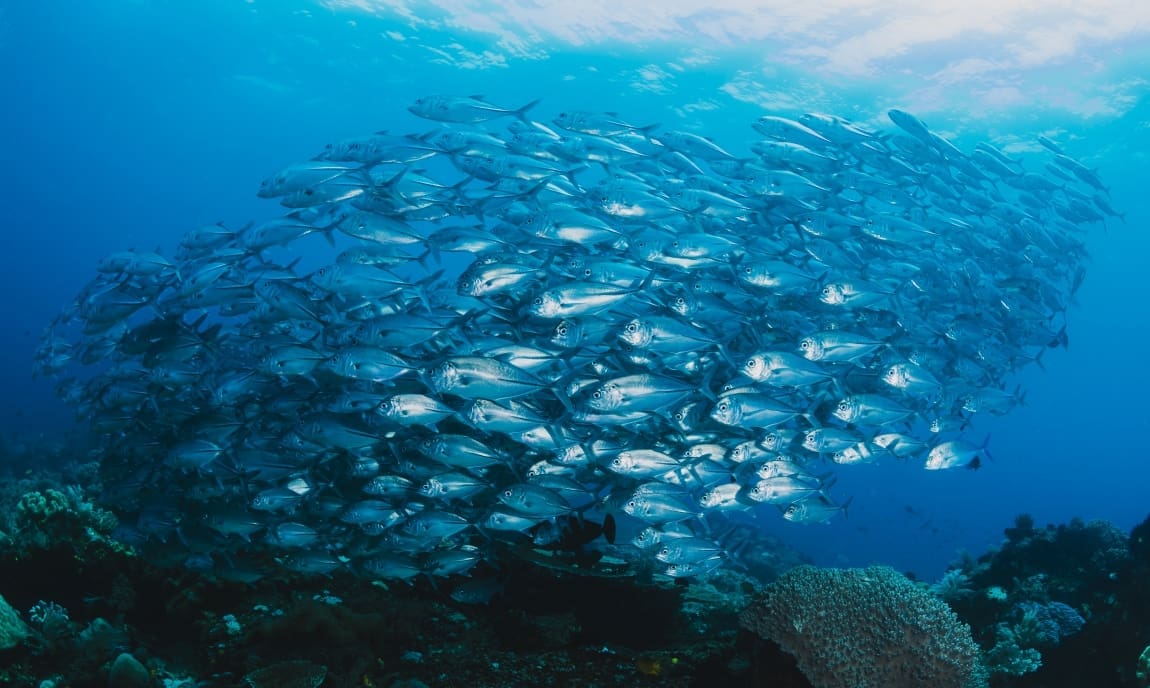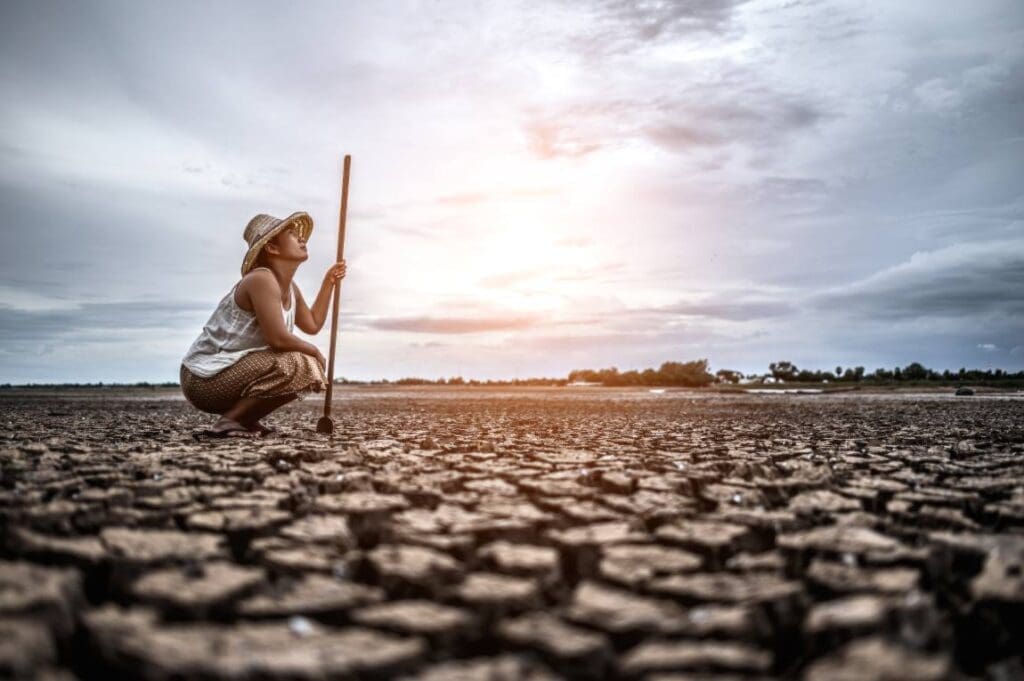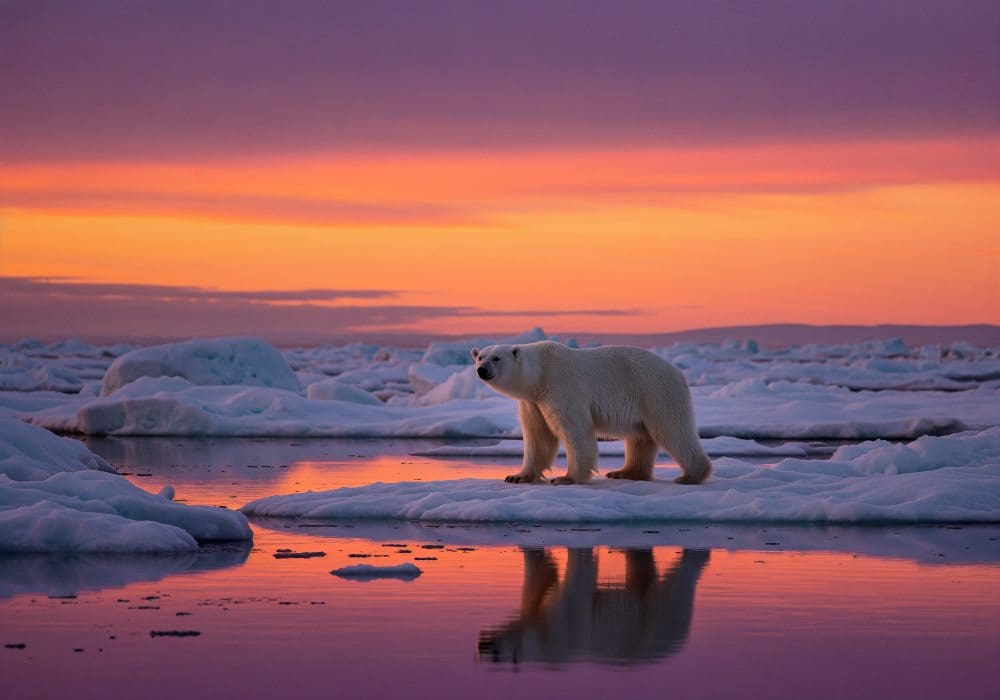New research predicts significant shifts in marine fish communities in the North Atlantic and Arctic Oceans as a result of climate warming.
The Nord University-led study projects a change in key fish biomass and suggests that Arctic demersal fish will be at risk of local extinction by the end of the century if no climate refugia is available at eastern latitudes.
The international team of experts, involving Newcastle University experts, analysed data from 16,345 fishery-independent trawls conducted between 2004 and 2022, focusing on 107 marine fish species in the northeast Atlantic, including the Barents Sea. They used advanced modelling techniques to project changes in species distribution and biomass under three future climate scenarios for the years 2050 and 2100.
Published in the journal Nature Communications, the findings show that while some warmer-water fish are moving into the Arctic, they won’t fully replace the loss of traditional Arctic species. This shift may result in fewer fish overall, especially of the presently most abundant species, despite an increase in the number of species.
The findings show an overall increase in species richness but a decline in the most abundant species within the community. Warmer-water species are expected to expand their ranges northwards, while colder-water species retract.
The international study involved experts from Nord University, Bodø, Norway; the Institute of Marine Sciences (ICM-CSIC), Barcelona, Spain, Ecopath International Initiative (EII), Barcelona, Spain and Newcastle University, United Kingdom.
Dr Cesc Gordó Vilaseca, of Nord University’s Faculty of Biosciences and Aquaculture, is the study first author. He said, “Climate Warming is happening in the Arctic Barents Sea faster than anywhere else, and our study suggests structural changes in the fish community as a result. More observations on these changes in the years to come will help fisheries adapt to the effect of climate warming of biodiversity.”
Dr Fabrice Stephenson, of Newcastle University’s School of Natural and Environmental Sciences, said “Given the large changes we predict under future climactic conditions, it’s really important that future fishery management strategies and marine protected area planning consider shifts in species biomass dynamics and distributions. The research team is currently exploring these important considerations as part of on-going projects.”
More information: Cesc Gordó-Vilaseca, Mark John Costello, Marta Coll, Alexander Jüterbock, Henning Reiss & Fabrice Stephenson, ‘Future trends of marine fish biomass distributions from the North Sea to the Barents Sea’, Nature Communications (15, 5637; 2024); DOI: 10.1038/s41467-024-49911-9. Newcastle University Press Release / Material. Featured image credit: LuqueStock | Freepik




